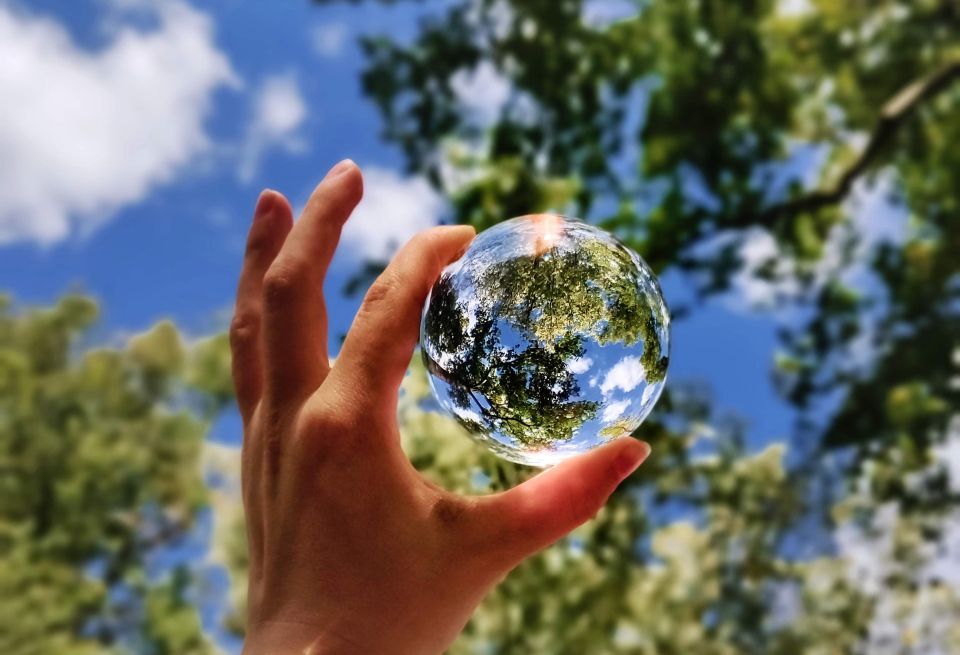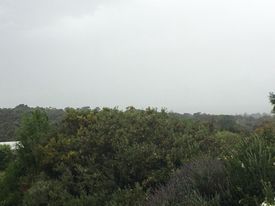
It’s official – kids have taken over – at least when it comes to fighting for the Planet’s future. Around 57% of parents in a recent survey reported that their children knew more about sustainable living – particularly subjects like recycling, global warming and pollution – than they did. Far from feeling defeated, parents should actually rejoice in the fact that future generations will most likely be better caretakers of the plant than past generations. Why are children so knowledgeable about environmental matters and how can parents foster this interest?
Incorporating Environmental Studies into the School Curriculum
As stated in a report published in environmental publication, ECOS, over the past couple of decades, Australian schools have made considerable progress in educating students about the importance of sustainable living. As far back as 2001, the Australian Government, in conjunction with the States and Territories, developed the Australian Sustainable Schools Initiative (AuSSI), which has three main aims: to incorporate sustainability studies into school curriculums, encourage parental and community involvement in sustainability activities and projects, and provide ideas, resources, and support so teachers can help build more sustainable school environments. Much progress has been made since 2001. As stated by C Mackenzie, sustainability advisor to the Queensland government, Australia is very much ahead of countries like the U.S., UK, and European countries: “(Other countries) tend to follow a more traditional approach that focuses on environmental sustainability issues such as reducing waste, water and energy… AuSSI also looks at the social, economic and political pillars of environmental education initiatives.”
Parents Still Have an Important Role to Play
The Director of ARIES (The Australian Research Institute in Education for Sustainability) has pointed out that making an authentic change involves looking at business, industry, education, business, and the community. Parents also have a key role to play because “the culture of home” is a powerful influencer for children, who need to learn “basic skills in ecological literacy” from their parents. Living in a home with a reliable solar panel system, water efficiency system in place, and its own compost heap, for instance, can help children feel that they are contributing to global efforts to lower the human carbon footprint. Children can feel like they are making a valid contribution to sustainability if parents involve them in making decisions such as choosing efficient solar panels, finding ways for the whole family to reduce their energy consumption, or even finding small, niche sustainable suppliers in their local area. Teens and young adults can be particularly useful in terms of sourcing online information and sharing it with parents so that better decisions can be made for the family.
Taking an Acting Role in Battling Climate Change
Parents and children can also work together to become actively involved in the fight against global warming. In Brisbane, for instance, there are many groups, activities, and programs that families can form part of – including community garden and city farm groups, volunteering at environmental centres, volunteering at botanic gardens, and more. If you’re into preserving your city and its surroundings, groups like Brisbane Waste Warriors meet up regularly for clean-ups and meet-and-greets.
Children are more environmentally aware than their parents owing to improved school curriculums as a whole. Parents report that children often enlighten them on aspects such as recycling and reducing plastic use. In many ways, however, parents play a vital role in motivating and educating children. A passion for sustainability begins at home and stems from the choices made by the entire family group. Both generations can do their share by continuing to learn and research on ways to reduce their carbon footprint and by taking part in group activities that appeal to all generations.
Photo by Margot RICHARD on Unsplash





